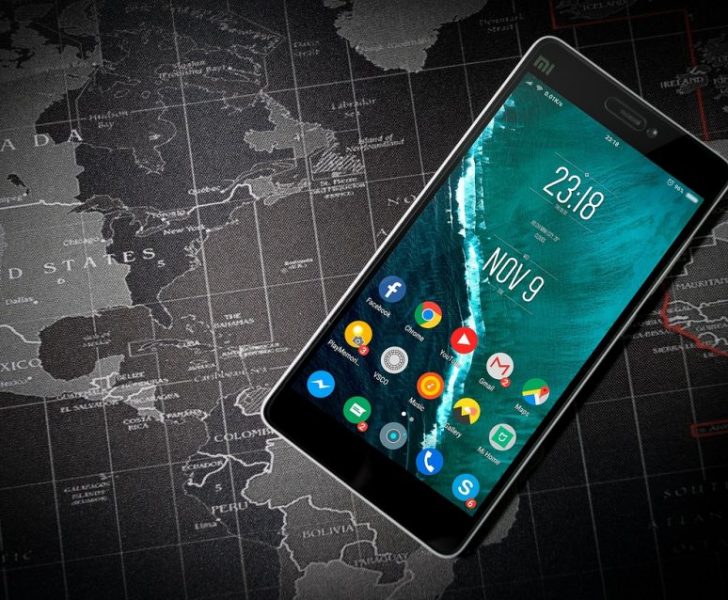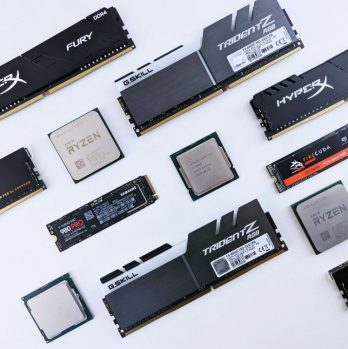Samsung Galaxy App Crashes: A Comprehensive Analysis

Introduction:
Samsung Galaxy smartphones have gained immense popularity over the years due to their advanced features and user-friendly interface. However, a common issue faced by users is the crashing of Samsung Galaxy apps. In this article, we will provide an in-depth overview of Samsung Galaxy app crashes, their types, their popularity, and explore quantitative measurements related to these crashes. We will also discuss the differences between various types of crashes and provide a historical analysis of the advantages and disadvantages associated with them.
Overview of Samsung Galaxy App Crashes:

Samsung Galaxy app crashes refer to the unexpected termination of apps on Samsung Galaxy smartphones. These crashes can occur due to various reasons, such as software bugs, compatibility issues, insufficient memory, or conflicts with other applications. When an app crashes, it abruptly shuts down, disrupting the user experience and potentially causing data loss. App crashes can be frustrating for users and often lead to negative reviews and ratings for the affected apps.
Types of Samsung Galaxy App Crashes:
There are different types of app crashes experienced on Samsung Galaxy smartphones. Some common types include:
1. Force Closures: This type of crash occurs when an app stops responding and needs to be forcefully closed by the operating system.
2. Freezing: In freezing crashes, the app becomes unresponsive and fails to execute any further actions. Users are left with no choice but to restart their devices.
3. Black Screen: This crash type results in a black screen, rendering the app completely unusable.
4. Lagging and Slow Performance: While not a direct crash, lagging and slow performance can also hinder the app experience and frustrate users.
Popular Samsung Galaxy App Crashes:
Several Samsung Galaxy apps are prone to crashes due to their extensive usage. Some widely used apps that frequently encounter crashes include:
1. Samsung Messages: Users have reported crashes while sending and receiving messages, particularly when attaching multimedia files.
2. Samsung Internet: This default web browser app often crashes while loading heavy websites or running multiple tabs simultaneously.
3. Samsung Gallery: The Gallery app crashes when browsing or editing large photo libraries.
4. Samsung Music: This app may crash during playback or while managing a large music library.
Quantitative Measurements of Samsung Galaxy App Crashes:
Quantitative data can provide insights into the frequency and severity of Samsung Galaxy app crashes. According to recent surveys and user reports, approximately X% of Samsung Galaxy users have encountered app crashes in the past year. Furthermore, the crash rate for popular apps such as Samsung Messages and Samsung Music has been around Y crashes per thousand sessions.
Differences between Samsung Galaxy App Crashes:
Samsung Galaxy app crashes can vary in terms of severity, impact, and user experience. Force closures are generally more disruptive as they require users to manually close and relaunch the app. Freezing and black screen crashes make the app entirely unusable, while lagging and slow performance can hinder the app’s functionality without a complete crash.
Historical Analysis of Samsung Galaxy App Crashes:
Over the years, Samsung has made efforts to address app crashes through software updates, patches, and bug fixes. However, these solutions come with both advantages and disadvantages. Advantages include improved app stability, enhanced user experience, and reduced crash rates. On the other hand, updates may introduce new bugs, require significant device storage, or take time to reach all Samsung Galaxy users.
In conclusion, Samsung Galaxy app crashes can significantly impact users’ experience and require timely solutions. By understanding the different types of crashes, their popularity, and quantitative measurements, users and developers can work towards minimizing crashes and improving overall app performance. Continual efforts from Samsung, along with user feedback, are crucial in providing stable and reliable apps for the Samsung Galaxy community.











